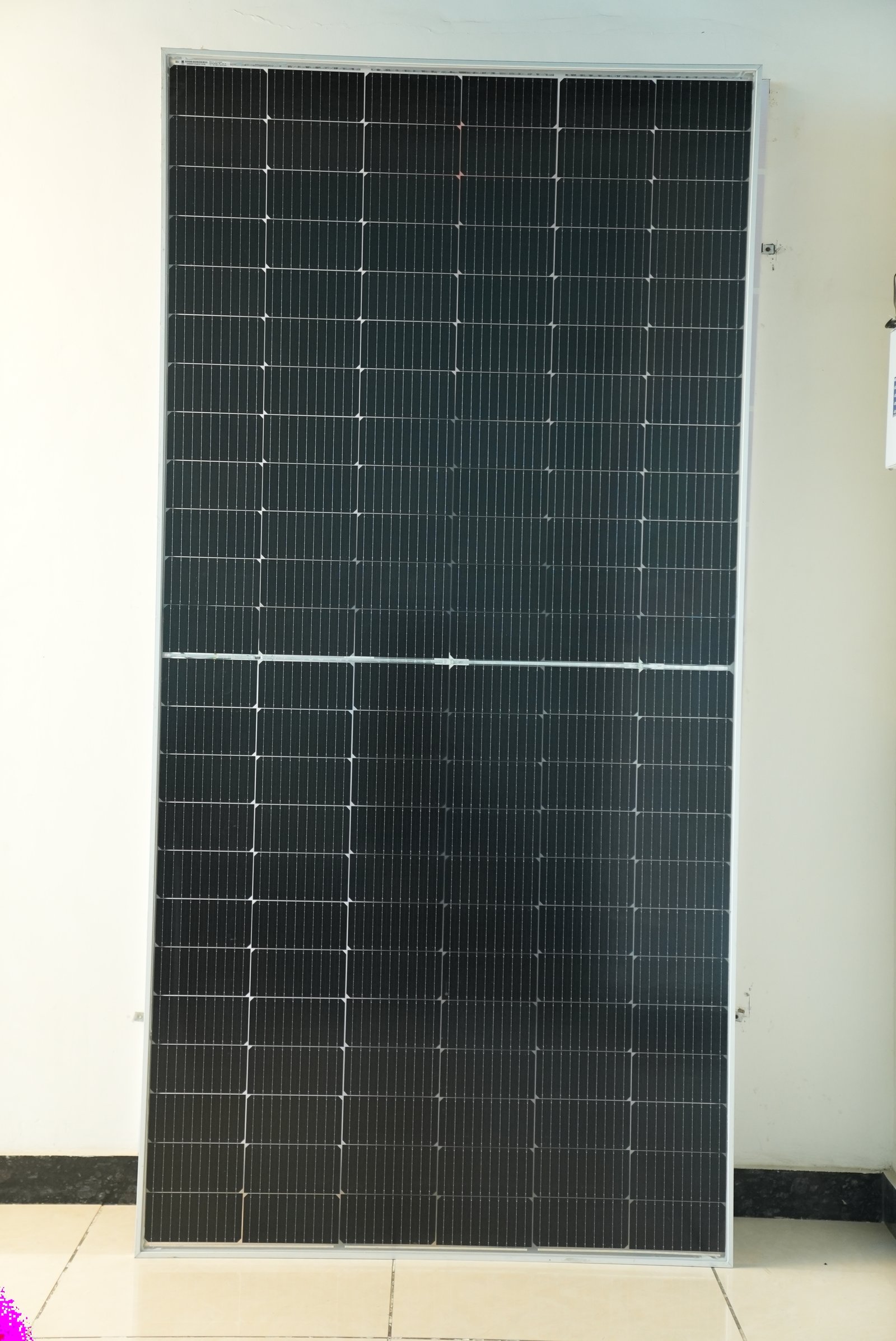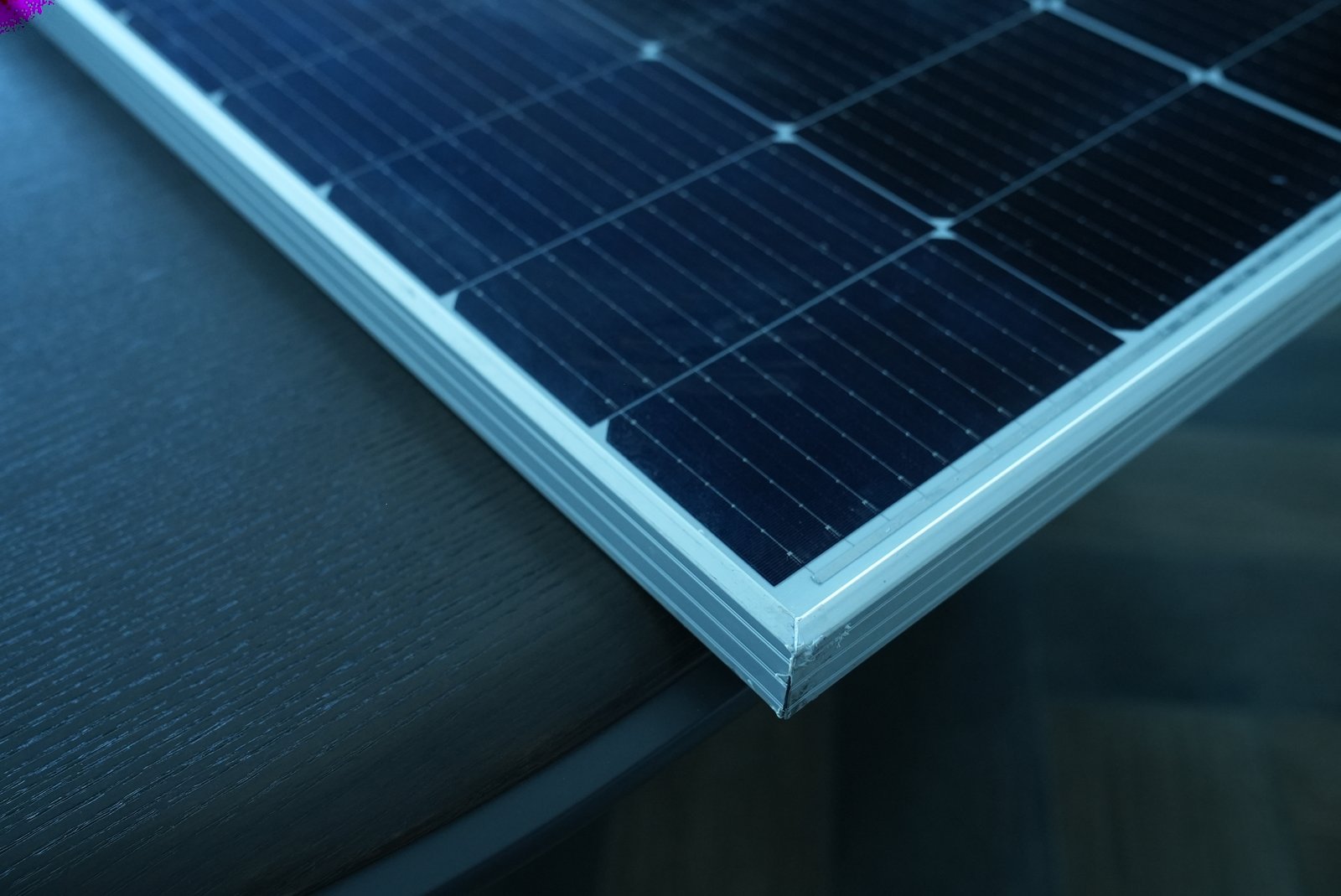Welcome To Alpex
Off-Grid Solar Panels Systems - Working, Subsidy, ROI and Price
Transform your home with Alpex’s cutting-edge solar modules. Experience energy independence and substantial savings on your electricity bills.
Panel Installations
Experienced Engineers
Years of Experience
Customer Satisfaction
What is an Off-Grid Solar System?
How Does Off-Grid Solar System Work?

Solar panels take in light from the sun and turn it into direct current (DC) energy. Batteries are then used to store this energy for later use. An inverter converts the stored DC electricity into alternating current (AC) to power household appliances. A charge controller ensures the batteries are charged efficiently and prevents overcharging, protecting the system from damage. The stored energy can be used during the night or on cloudy days, ensuring 24/7 electricity supply.
Key Components of an Off-Grid Solar System
Off-grid solar systems consist of several components that work together to generate and store electricity. Here is a breakdown of the essential components of an off-grid solar system:
- Solar Panels: These panels capture sunlight and convert it into electricity, serving as the system’s heart.
- Battery Storage: During the day, extra electricity is produced and kept in batteries. This energy is used when sunlight is unavailable, such as at night or on cloudy days.
- Inverter: The inverter converts the DC electricity from the solar panels and batteries into AC electricity, which is suitable for household use.
- Charge Controller: It regulates the charging of the batteries, preventing overcharging and ensuring the system runs smoothly.
Benefits of an Off-Grid Solar System in India
Off-grid solar systems offer several advantages, particularly in India:
1. Energy Independence: Users are no longer dependent on unreliable power grids, especially in rural or remote areas.
2. Cost Savings:Although the initial investment is high, off-grid systems significantly reduce long-term electricity costs using renewable solar energy.
3. Sustainability: Solar energy is a clean and renewable source of power, contributing to a reduction in carbon footprint.
4. Power in Remote Areas: For regions far from the national grid, off-grid systems provide a dependable power supply, improving quality of life.
Challenges of Using Off-Grid Solar Systems
Despite the benefits, off-grid solar systems come with a few challenges:
- High Initial Setup Cost: Solar panels, batteries, and inverters can be expensive, though it pays off in the long run.
- Battery Maintenance: Batteries require regular maintenance and may need replacement after a few years.
- Energy Management: Users must carefully monitor their energy usage, ensuring the system is sized appropriately to meet their needs.
Sizing an Off-Grid Solar System
To determine the right size for your off-grid solar system, consider your household's energy consumption, daily usage patterns, and the amount of sunlight your location receives. Start by calculating how much electricity your appliances use daily. The size of your system will depend on these needs, as well as the size of the batteries required to store energy. Consulting with a professional will ensure you install the right-sized system to meet your energy needs.
Comparing Off-Grid with On-Grid and Hybrid Systems
When deciding between off-grid, on-grid, and hybrid solar systems, it is important to understand their differences:
- Off-Grid Systems: Operate independently of the grid, making them ideal for remote locations or areas with frequent power outages.
- On-Grid Systems: These systems are connected to the national grid, allowing you to use grid electricity when needed, and feed excess solar power back into the grid.
- Hybrid Systems: A combination of both, hybrid systems allow users to store energy in batteries but also access the grid when needed.
Financial Considerations and Government Incentives
Installing an off-grid solar system can involve significant upfront costs. Unlike grid-connected systems, off-grid solar installations typically do not qualify for government subsidies in India. While the initial investment may be higher, off-grid systems can provide substantial savings over time, especially in areas with unreliable grid power or high electricity rates.
Conclusion
Off-grid solar systems present a powerful solution for achieving energy independence, especially in remote and rural areas of India. While the initial costs may be higher, the long-term benefits- such as reliable electricity, cost savings, and environmental sustainability- make it a worthwhile investment. By choosing an off-grid solar system, households can enjoy continuous power, reduce their reliance on the grid, and contribute to a cleaner future. For those facing frequent power outages or living in areas with limited grid access, off-grid solar systems provide a dependable, eco-friendly alternative.
Featured Products
Our product range includes:

Nikko Topcon MBB Series
N-Type bifacial Topcon transparent backsheet 560 W to 590 W


